We Ranked EVERY Wes Anderson Movie From Worst to Best
In the kaleidoscopic world of cinema, few directors craft films as unmistakably distinctive as Wes Anderson. His oeuvre is a tapestry of meticulous visual style, quirky characters, and narratives that blend humor with melancholic undertones. Each Anderson film is a journey into a meticulously crafted universe, where symmetrical frames meet a vivid color palette, and every detail, no matter how small, is a deliberate choice. This ranking of Wes Anderson’s films from worst to best is more than a mere list; it’s an exploration of the evolution of a filmmaker who has consistently defied conventional storytelling.
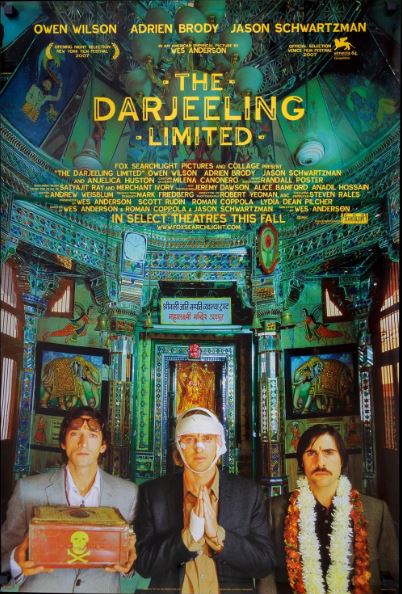
#11. The Darjeeling Limited (2007): Considered Anderson’s most self-indulgent work, it’s criticized for reducing minorities to stereotypes and overt visual symbolism. Despite its flaws, it retains a sense of camaraderie among its creators. Its exploration of brotherly bonds amidst a spiritual journey in India adds depth, yet the film struggles to balance its narrative with Anderson’s stylized approach.

#10. Bottle Rocket (1996): Anderson’s debut feature is promising yet rough around the edges. It displays an early glimpse of his style and confidence, though it’s seen as a filmmaker trying to find his voice. This film serves as an embryonic glimpse of Anderson’s developing style, offering a raw and unpolished look at his thematic and visual sensibilities.
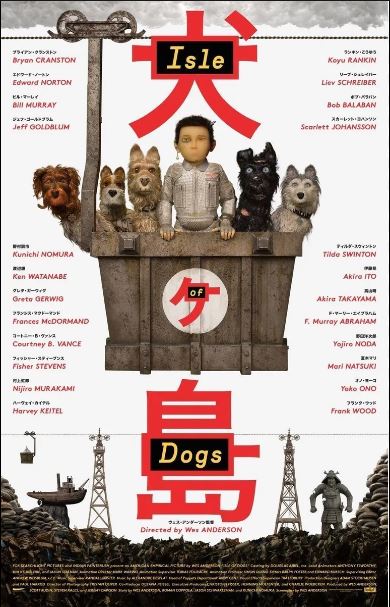
#9. Isle of Dogs (2018): This ambitious stop-motion film is praised for its animation and thematic depth but criticized for cultural appropriation. It’s a fun exploration of political subtexts but falls short in its cultural sensitivity. The film’s intricate stop-motion craftsmanship and an engaging storyline set in a dystopian Japan provide a visually captivating experience, despite its cultural missteps.
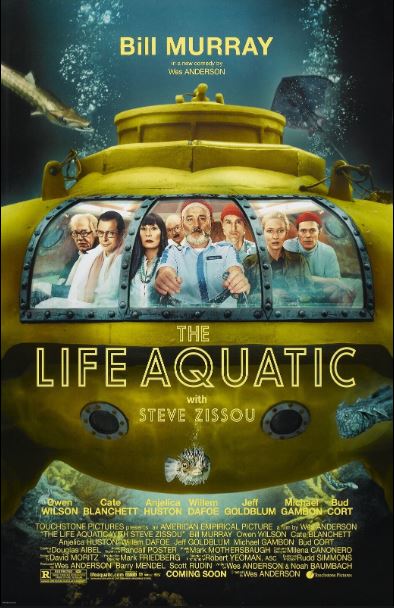
#8. The Life Aquatic with Steve Zissou (2004): Visually stunning, this film shows Anderson coasting on his established style but suggests a creative stagnation. It’s a solid work with great performances, but the themes start to feel repetitive. The film’s homage to oceanic exploration and its ensemble cast led by Bill Murray add layers to Anderson’s characteristic whimsy and melancholic themes.
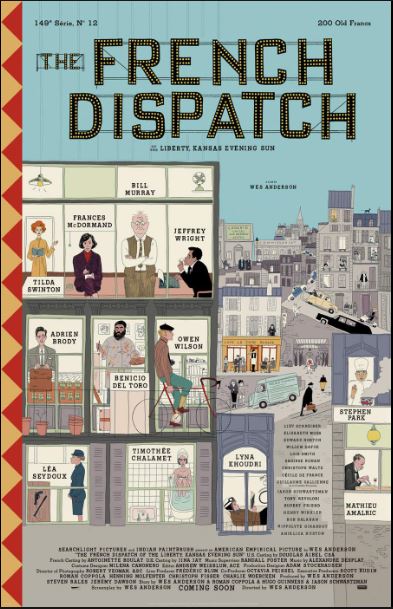
#7. The French Dispatch (2021): An anthology film comprising three short stories, it’s an experiment in storytelling and a tribute to long-form journalism. While artistically intriguing, its segmented nature affects its overall impact. This tribute to journalists combines Anderson’s love for intricate detail and storytelling, weaving together disparate narratives that celebrate the art of writing and reporting.
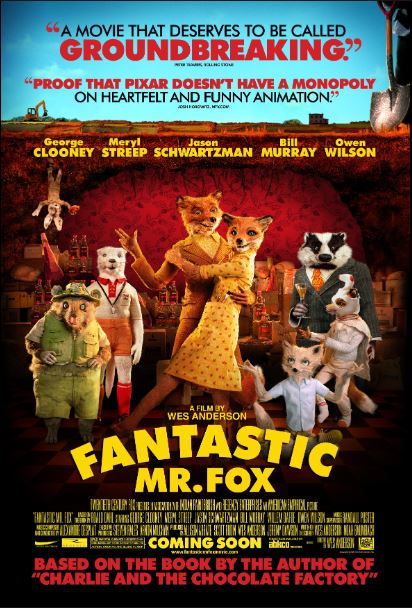
#6. Fantastic Mr. Fox (2009): A stop-motion adaptation of Roald Dahl’s book, this film marks a refreshing turn in Anderson’s career. It’s a blend of his signature style with new elements, rejuvenating his filmography. This adaptation brings a unique blend of Dahl’s storytelling and Anderson’s visual flair, creating a charming and witty family-friendly adventure.

#5. Moonrise Kingdom (2012): This film is a sweet portrayal of first love between two young outcasts. It’s a departure from Anderson’s usual themes, showcasing artistic growth and a heartfelt narrative. Its portrayal of youthful innocence and adventure juxtaposed with the complexities of adult relationships offers a tender and nostalgic look at first love and rebellion.

#4. Asteroid City (2023): A recent addition, this film surprises with its introspective comedy and strong ensemble cast. It’s praised for its witty screenplay and the seamless integration of new actors into Anderson’s distinct style. The film’s examination of storytelling itself, coupled with its comedic and introspective narrative, showcases Anderson’s evolving maturity as a filmmaker.
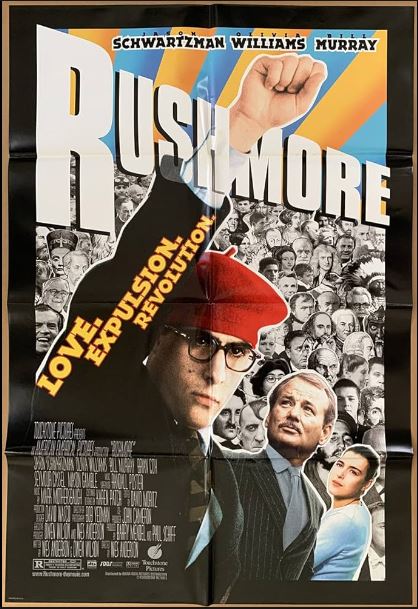
#3. Rushmore (1998): Centered around a remarkable performance by Jason Schwartzman, this film balances a potentially unlikable protagonist with a sense of sweetness and naivety. It confirms Anderson’s growing prowess as a filmmaker. The film’s blend of adolescent ambition and poignant humor, centered around a memorable protagonist, highlights Anderson’s ability to create deeply personal yet universally appealing stories.
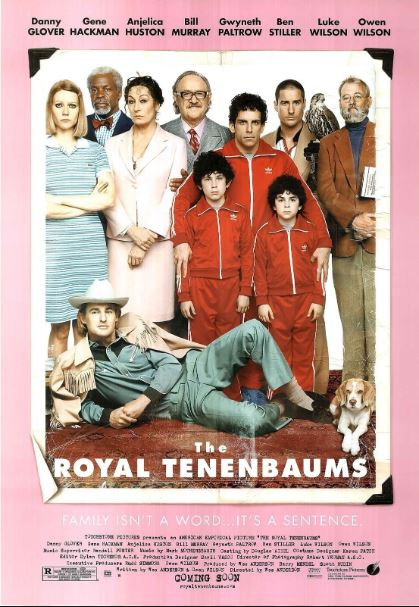
#2. The Royal Tenenbaums (2001): Often considered Anderson’s masterpiece, it features a standout performance by Gene Hackman. The film skillfully combines a deep emotional core with Anderson’s distinctive artistic style. This ensemble drama, marked by its exploration of family dynamics and individual genius, epitomizes Anderson’s talent for blending comedy with tragic elements.
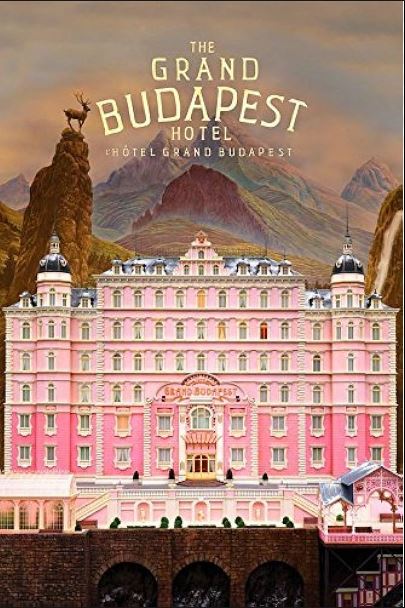
#1. The Grand Budapest Hotel (2014): At the top of the list, this film showcases Anderson’s career’s biggest leap forward. It balances humor with darker elements and features an exceptional performance by Ralph Fiennes, representing the epitome of Anderson’s filmmaking talents. Its masterful balance of a fast-paced, intricate plot with visually stunning aesthetics exemplifies Anderson’s peak craftsmanship, making it a standout in modern cinema.
Whether you’re a long-time fan or a newcomer to his work, Wes Anderson’s movies offer a unique lens through which to view the quirks and complexities of life, leaving an indelible mark on the hearts and minds of audiences worldwide. His filmography is not just a collection of stories; it’s a vibrant, living tapestry of cinematic art that continues to evolve, challenge, and delight.
If you’re a fan of Anderson’s work, you may enjoy this list of 10 of the most beautiful shots in his films!
